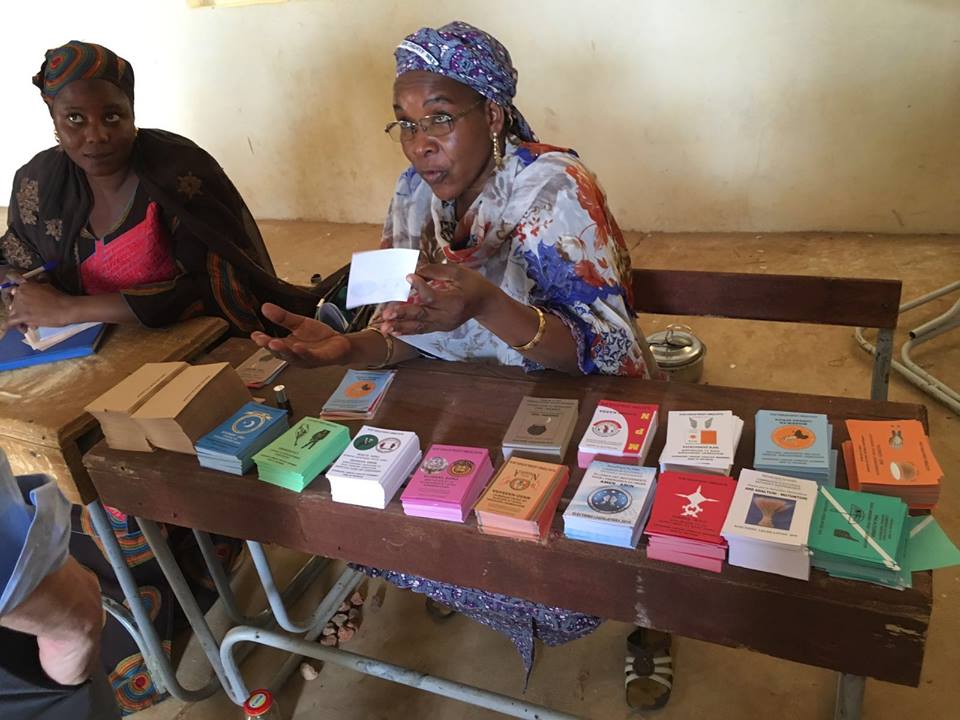
On September 26, IRI in cooperation with the Women’s Democracy Network launched the publication “Women’s Political Empowerment, Representation and Influence in Africa: A Pilot Study of Women’s Leadership in Political Decision-Making.”
The report seeks to close the data-gap on women in the political landscape, while contributing to the debate about how to effectively measure and promote women’s political leadership.
The report collects two new variables for 29 African countries related to women’s political leadership. In combination with widely used data on women’s political leadership, the report ranks the countries on four indicators focused on legislative and executive leadership. The results provide a nuanced picture of where countries perform well on the four different measures of influence in legislative and executive branches of power and the correlation between women’s political representation, leadership and influence.
The Index found that South Africa leads the region rankings, with the highest percentage of women’s leadership and influence over the four indicators, followed by Rwanda, Cabo Verde and Uganda. Sudan, DRC, Zambia, Malawi and Sierra Leone received the lowest scores, indicating low leadership and influence of women.
The report explored how women’s political leadership interacts with the level of democracy in a country: countries studied that are more democratic tend to perform better on executive influence while less democratic countries perform better on legislative influence. It concludes with suggestions for designing and implementing impactful women’s political empowerment programs.
If you would like to read or download “Women’s Political Empowerment, Representation and Influence in Africa: A Pilot Study of Women’s Leadership in Political Decision-Making”, please click here.
Top